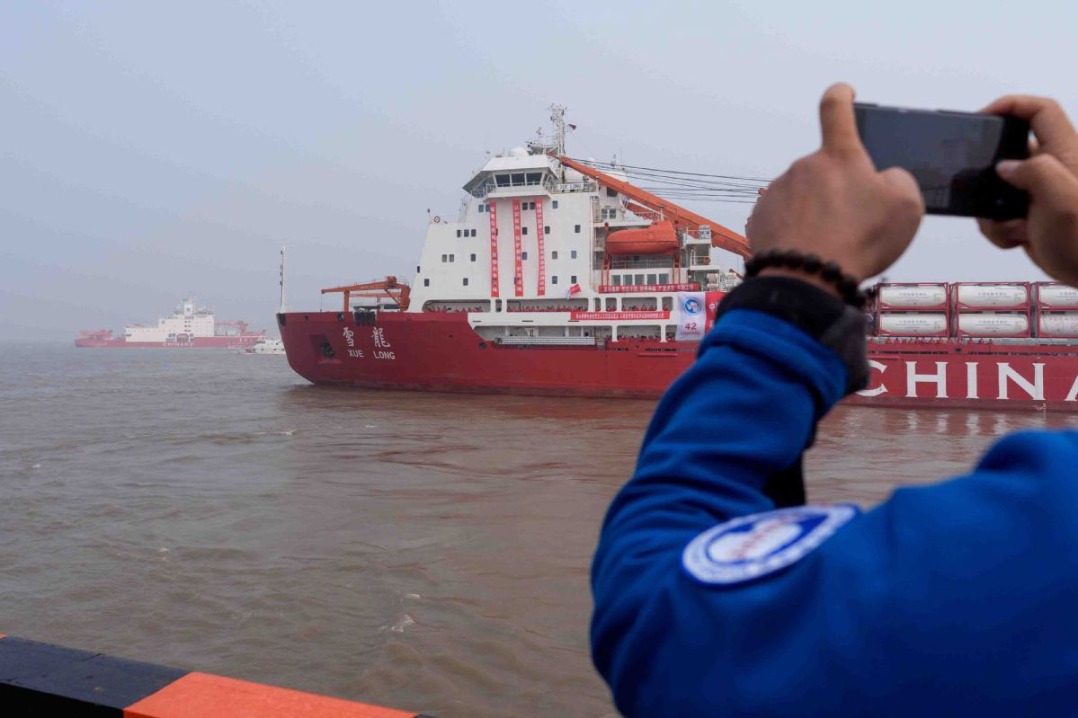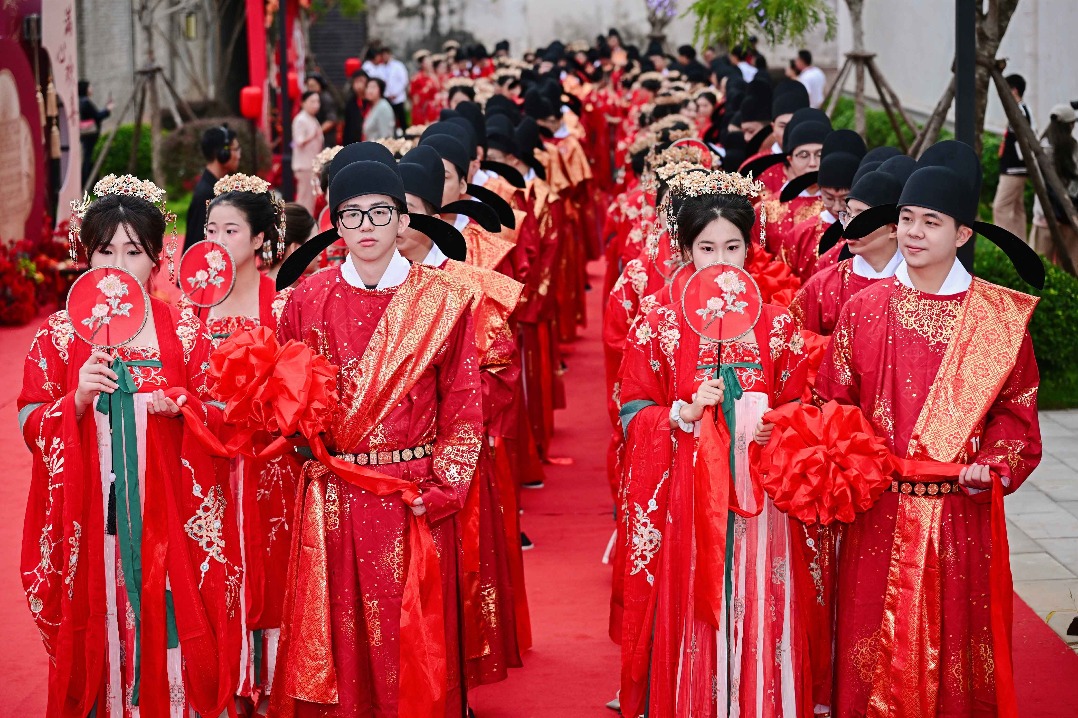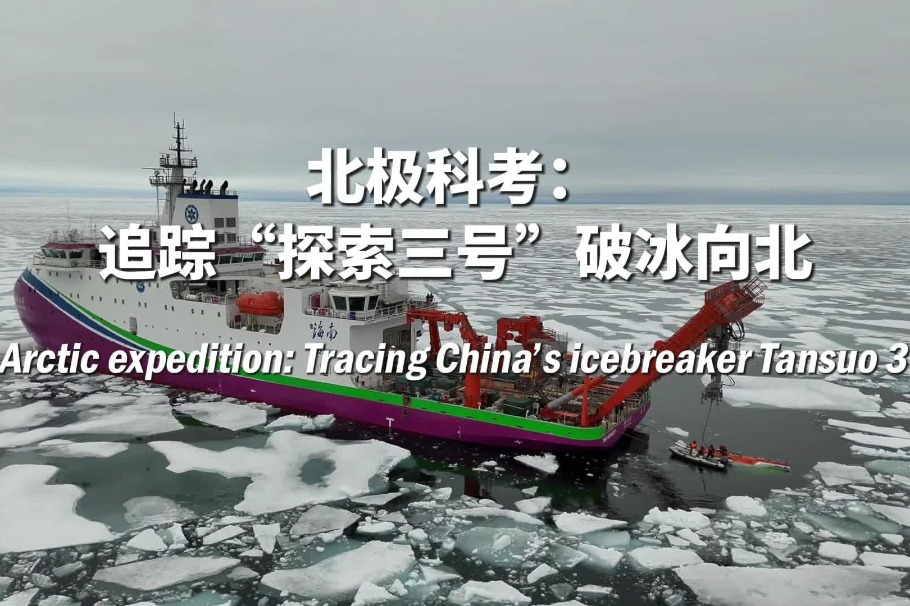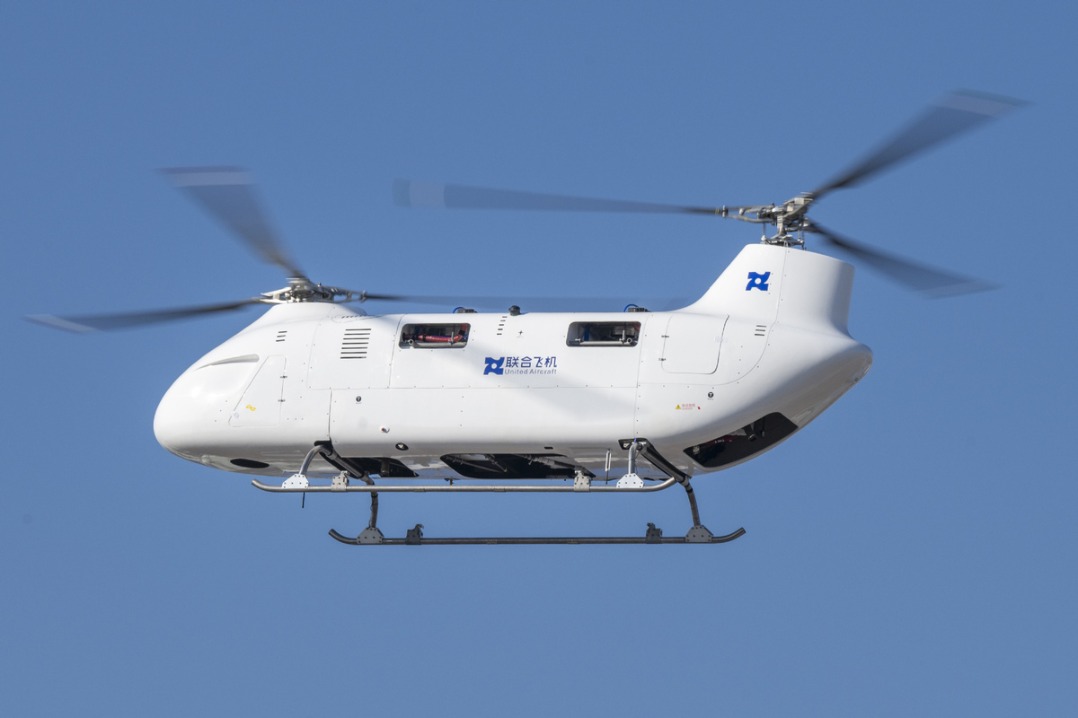City transformation is a capital idea

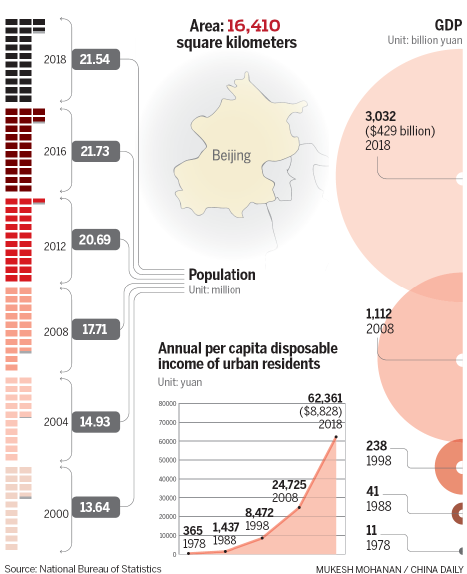
International aim
Cai Qi, Party secretary of Beijing, said the aim of restructuring the capital's functions was to turn the city into an international-level metropolis with a comfortable lifestyle for its residents.
With the space freed up by the removal of manufacturing bases and wholesale markets, Beijing has started to make better use of the land for scientific and innovation centers, as well as cultural parks.
One of the buildings that used to host vendors in the garment wholesale market has been transformed into an innovation hub and renamed the Baolan Finance Innovation Center.
Li Ran, general manager the company that manages the Baolan center, said he is confident about the development of the area. He said the government has shown the determination to upgrade the use of city's building and land, and a willingness to transfer them to financial and high-tech industries.
Last year, Beijing's GDP reached 3 trillion yuan ($427 billion), with the capital's annual economic growth averaging 10.4 percent from 1953 to 2018, according to the city's statistics bureau.
The new economies, including science and technology, and innovation constituted 33.2 percent of Beijing's GDP last year, which shows the trend of the city's future economic structure.
- China to launch new-generation crewed spaceship in 2026
- China's top political advisory body concludes standing committee session
- China to celebrate the 160th birth anniversary of Sun Yat-sen
- PLA says Philippines' South China Sea 'joint patrol' undermines regional peace, stability
- Experts call China's next five-year plan a critical period for reforms
- Cheng Li-wun assumes leadership of Kuomintang



















